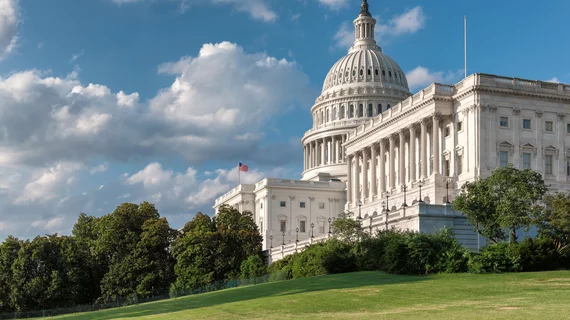Former Cigna exec warns of lobbying power by insurance industry
A former insurance executive is speaking up against the lobbying power of the health insurance industry as the issue of healthcare reform in the 2020 election heats up in the Democratic debates.
Penning an essay for NBC News’ opinion and essays section THINK, Wendell Potter, former vice president for corporate communication at Cigna, explained how he worked to undermine universal healthcare for decades in order to protect the bottom line of his employer.
Potter called out the Healthcare Leadership Council, a Washington, D.C.-based group formed by big insurance, hospital, drug and medical device company executives to lobby against healthcare reform proposals. Specifically, the group targeted President Bill Clinton’s proposed health reform, the Health Security Act, headed by Hillary Clinton.
Thanks to the group’s efforts, the bill never even saw a vote in Congress. Twenty-five years later, Democratic presidential candidates are discussing similar reforms and universal healthcare as part of their platforms at the same time as the uninsured rate is rising again. As the issue continues to loom larger in the upcoming election, Potter sees language direct from insurance lobbyists being injected into the national rhetoric––language he helped create to scare Americans away from universal healthcare reform.
“I feel compelled to speak up and help set the record straight when so many politicians and journalists are using talking points that come straight from health insurance central casting scripts,” he wrote.
See the full essay below:

